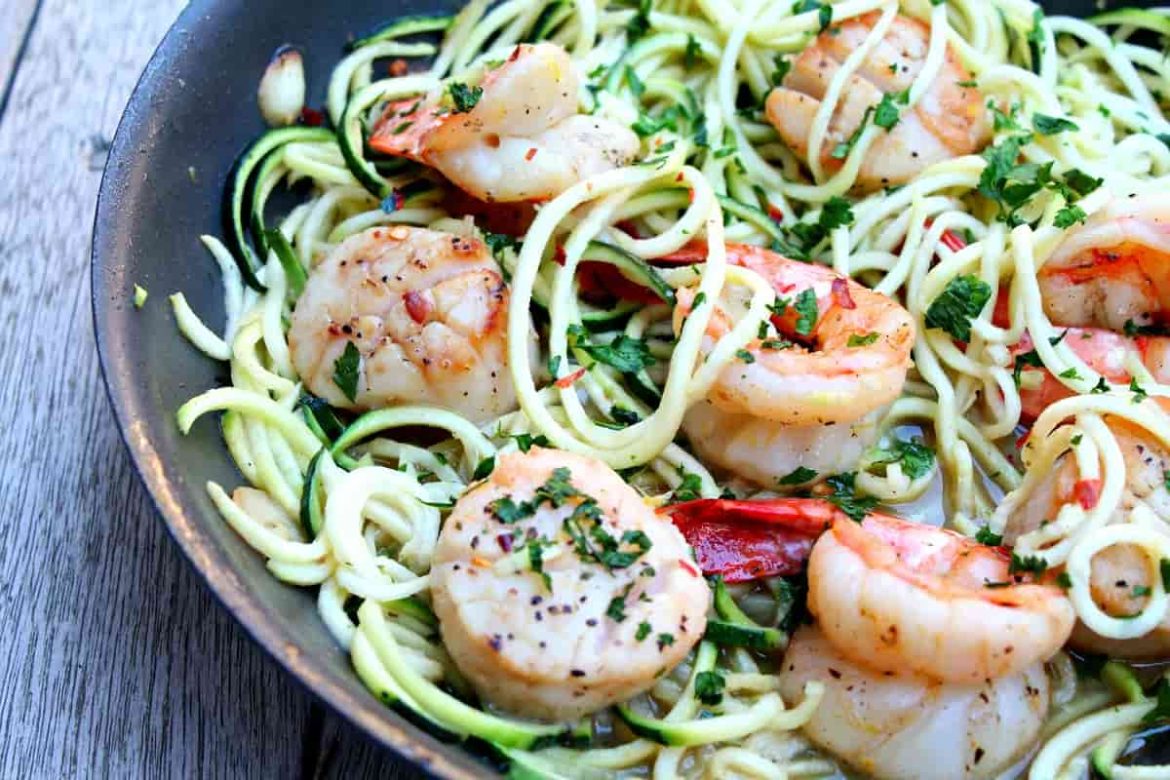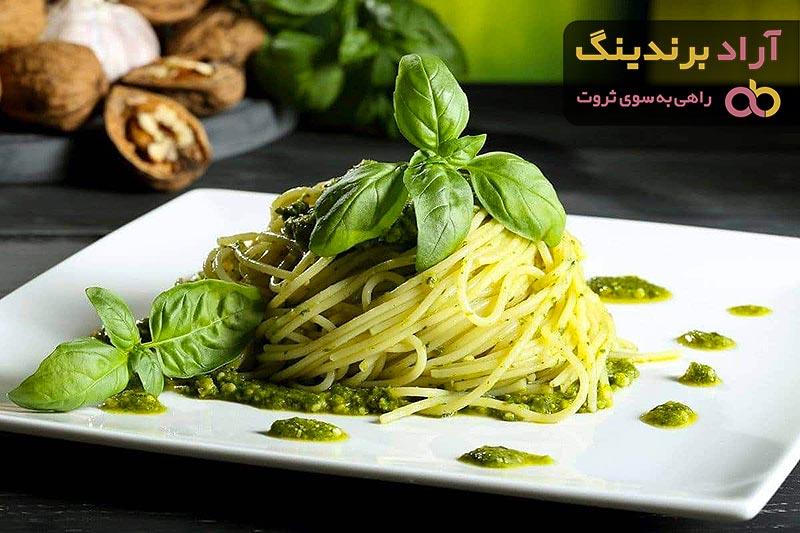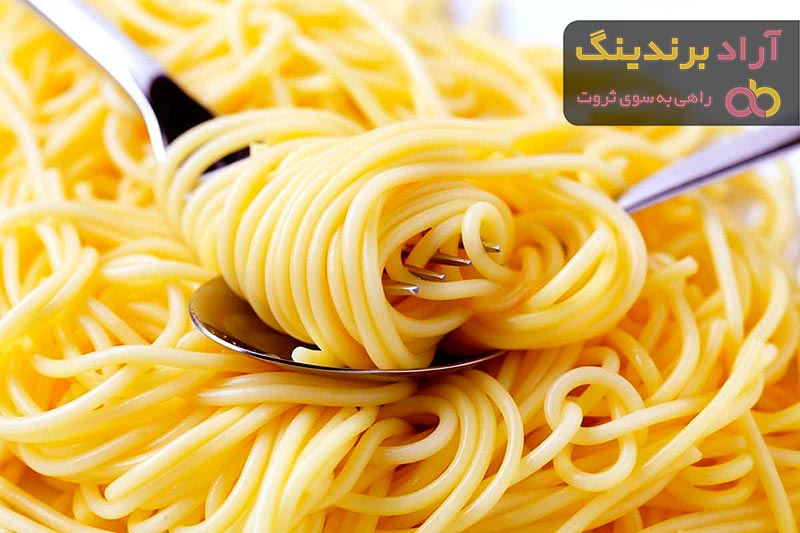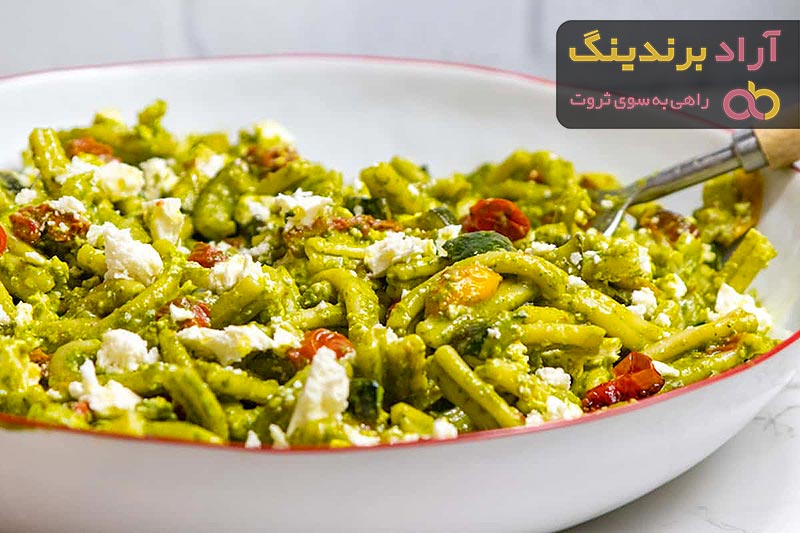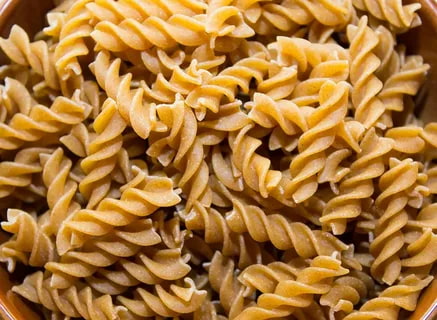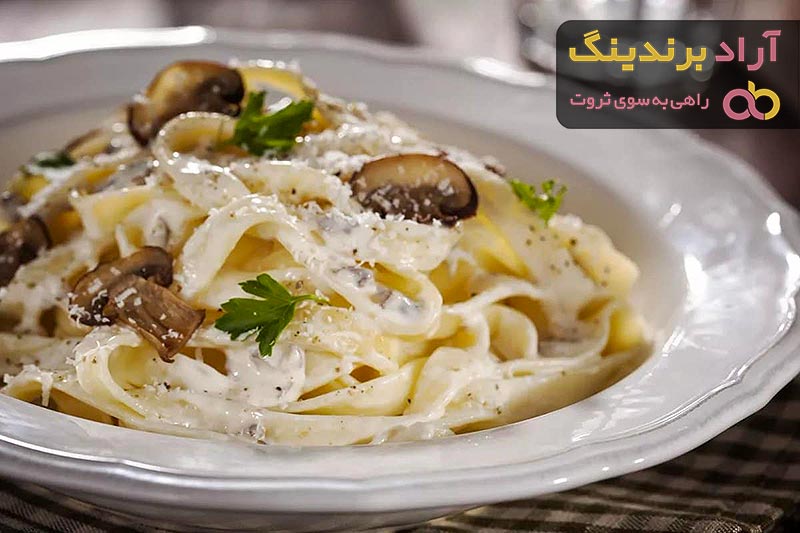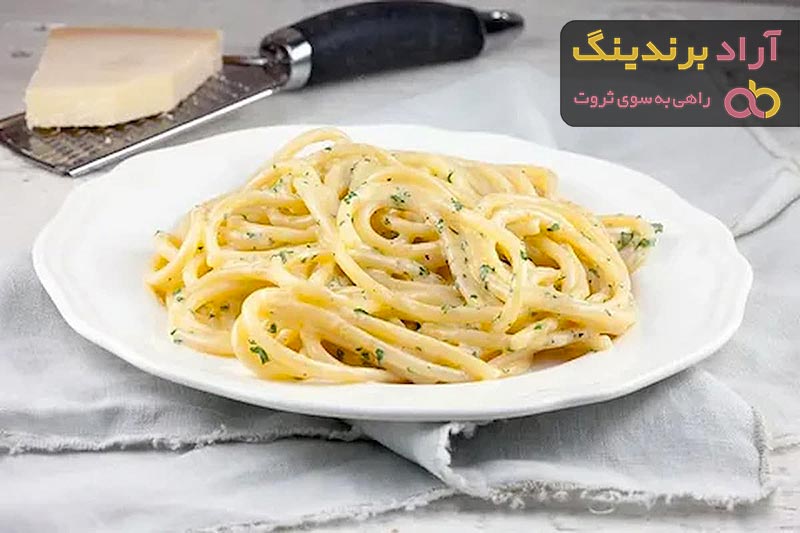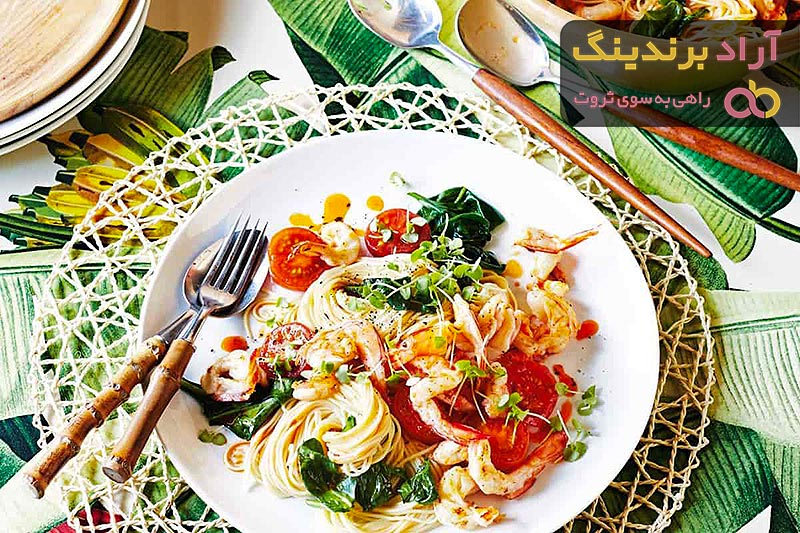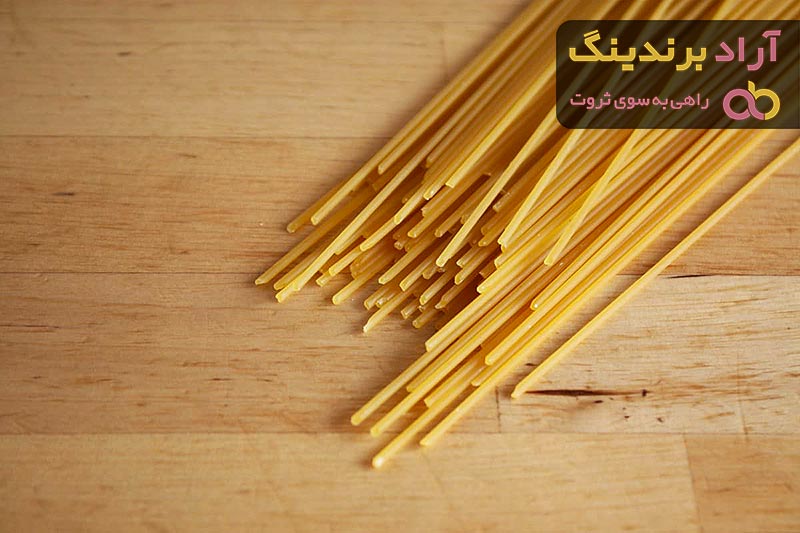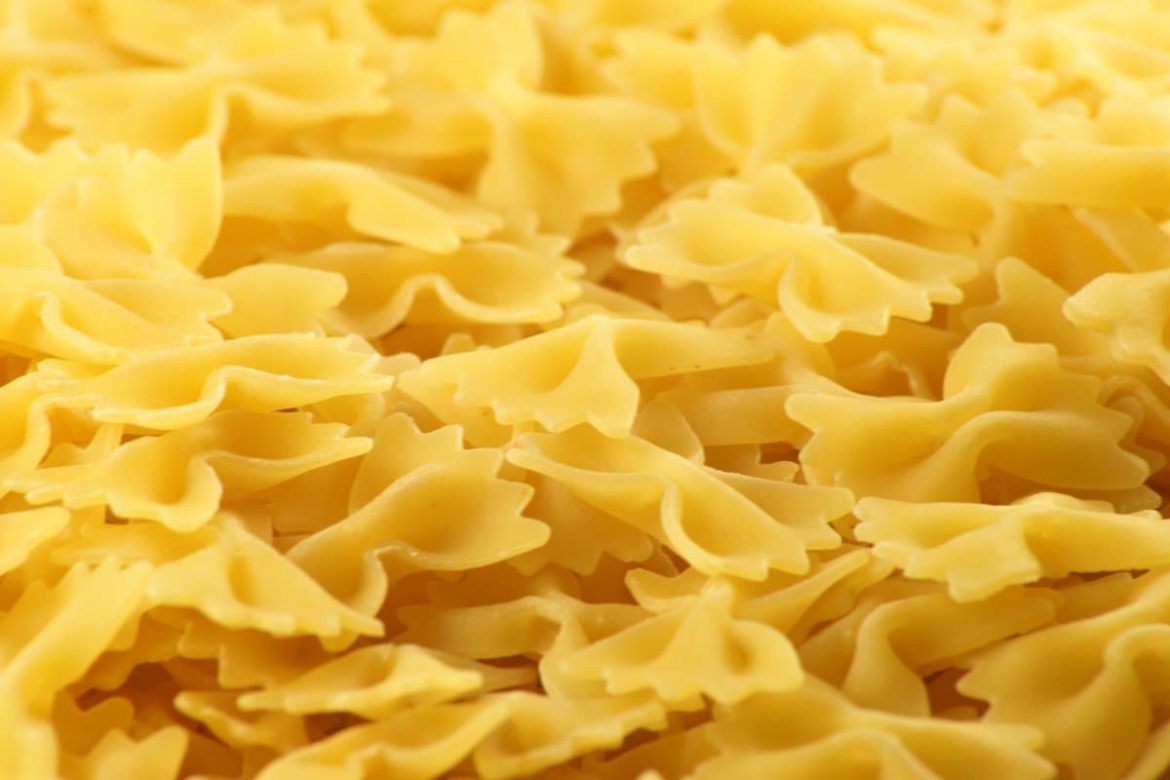There are unique recipes for cooking different types of macaroni in every country. Macaroni is a sort of dry pasta that is typically prepared in a variety of sizes, shapes, and colors. It is also known as macaroni in English and maccheroni in Italian.
One variety of pasta is macaroni. The majority of this edible product is manufactured dry in factories and must be cooked before consumption. In every nation or location, pasta has a particular meaning and form.
It is referred to in Japan as a pasta variety that resembles a short rod with holes, a shell, or other shapes. A short perforated rod of pasta is referred to as macaroni in Italy. While Among Italian-Americans in Philadelphia and New York, the phrase is used to describe all kinds of “pasta.” Also, In Iran, the phrase “macaroni” is frequently used to refer to all varieties of spaghetti, patterned pasta, etc.
Durum wheat semolina is used to make the greatest pasta. Durum wheat is ground to produce semolina (Triticum genus and Durum species). Of course, pasta flour can also be made from other types of wheat. It is important to note that pasta can only be produced with durum wheat flour or semolina flour in Italy.
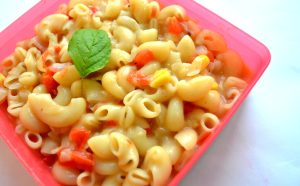
It makes sense since there are several pasta forms that are suitable for use in various recipes and because pasta serves as the foundation for countless flavor combinations. This also implies that experimenting with novel pasta dishes may be a ton of fun.
Our distributing company has come to a level of fame and success that can easily export different kinds of pasta all around the world through eCommerce. To have a successful experience in the eCommerce world, you have to only rely on the reputed ones.
unique macaroni recipes
To have unique recipes for cooking macaroni dishes you have to keep yourself updated and look for new recipes in different countries around the world. You can also make your own special and unique one by editing some parts of other chefs’ recipes.
One of the most widely consumed foods in the world is macaroni. Add loads of vegetables to your regular macaroni to give it a nutritious spin. Here are the simple instructions for making it at home.
Ingredients:
50g of baguette, divided into little pieces
1 tablespoon of melted butter in addition to 2 tablespoons of butter
350g of short pasta, such as spirals
1 chopped clove of garlic,
English mustard powder, 1 teaspoon
3 tbsp of ordinary flour
Whole milk in 500 ml
250 grams of grated mature vegetarian cheddar
50 grams of grated parmesan (or a vegetarian substitute)
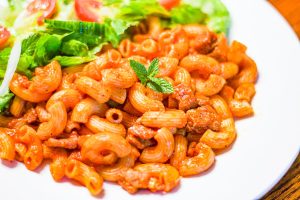
Follow the directions: Oven temperature set at 200°C/180°F/gas 6. On a baking sheet, distribute the baguette pieces and season with salt and pepper. Drizzle with melted butter. Set aside after baking for 6 minutes till crisp.
After boiling the pasta for 2 minutes shorter than it is instructed to, drain it. Melt the butter in a pot in the meanwhile. Cook for one minute after adding the garlic and English mustard powder, then whisk in the plain flour.
Continue cooking for a further minute, then whisk in the milk gradually to create a smooth sauce. 5 minutes of simmering for thickening while constantly whisking. Stir in the cheddar and half of the parmesan after turning the heat off. The cheese sauce should be combined with some spice and noodles. Pour into four separate servings or a big ovenproof dish.
macaroni types
Pasta has so many types such as fettuccine, lasagna, macaroni, shell, spaghetti and etc. In southern Italy, maccheroni refers to a variety of short or long, hollow or not, smooth or ridged, durum wheat semolina pasta shapes. Although macaroni is a general term, each distinct kind has a unique moniker.
Most people believe that pasta originated in Italy, yet the first noodles ever discovered were discovered in China during an archaeological dig. The noodles were produced from two varieties of grain that have been farmed in China for more than 7,000 years.
Pasta may be categorized into several categories, including long pasta (spaghetti, angel hair), tubes (penne), soup pasta (orzo, alphabet), filled pasta (tortellini, ravioli), and unusual forms (farfalle, fusilli).
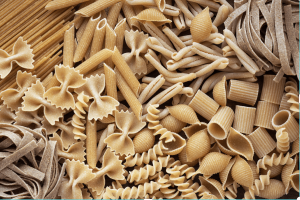
Around the world, there are over 350 different kinds of pasta and four times as many names for them. For instance, farfalle pasta is frequently referred to as “butterfly” or “bowtie” pasta due to its design.
Pasta comes in a variety of sizes and forms, which chefs employ for various tasks. For instance, certain shapes retain sauces better than others.
Thin pasta, like angel hair, should be served with thin sauces, according to some chefs, whereas richer sauces go well with heavier, thicker noodles. While tomato sauces seem to stick better to round pasta, people frequently serve flat spaghetti with cream sauces.
Choosing the ideal pasta form for your upcoming dinner is a fantastic opportunity to be creative in the kitchen and try something new and enjoyable.
macaroni meaning
Over time, different individuals have assigned diverse meanings to the term “macaroni.” According to the International Pasta Organisation, the Greeks, who founded the colony of Neopolis (modern-day Naples) between 2000 and 1000 BC, may have appropriated the name “macaroni” for a local dish made of barley-flour pasta and water called “macaronia,” which may have been named after a Greek goddess.
The name Makaroni’s etymology is the subject of various theories. It has been suggested by some that the name comes from the Greek word makaria, which means “mourning meal” and was consumed during the ritual of the dead.
Additionally, the Italian word ammaccare has been translated by some to imply “crushed or kneaded dough.” However, its Sanskrit origins are in the term “Makarani.” Maccheroni is an Italian term for pasta that is elongated but not always tubular. Outside of Rome and in many languages that inherited the phrase, this basic connotation is still present today.
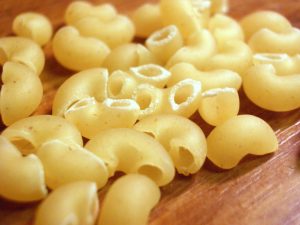
The phrase was used as a general name for all types of pasta in Brazilian Portuguese, Estonian, Greek, Iranian, Russian, Ukrainian, and other Slavic languages, as well as Arabic, Turkish, Kazakh, Azerbaijani, Uzbek, Kyrgyz, and other Turkic languages and various Italian-American dialects.
Maccheroni is the plural form of maccherone in Italian (makkeroni). That, in turn, derives from o (makarios), collateral of (makar), which means “blessed, joyful,” and ultimately from (makares), meaning “blessed dead.”
The term may have two roots, according to the Italian linguist G. The first is the Medieval Greek term “dirge” (makarneia), stated in Section XIII by James of Bulgaria, which would mean “funeral meal” and then “food to serve” during this office.
is macaroni healthy
Different types of pasta including macaroni are considered healthy for many people who always think about how good is the food they are eating. Pasta intake has not been connected to obesity, according to a recently released study, and may even be associated with a lower body mass index. Researchers analyzed the eating habits of 23,000 Italians and discovered no relationship between pasta consumption and waist circumference or BMI.
Pasta is, in fact, a key component of a Mediterranean-style diet. Without pasta, the Mediterranean Diet, one of the most well-liked, successful, and gimmick-free eating programs of this millennium, wouldn’t be what it is.
A tasty, wholesome, and healthful dinner can be built on top of pasta. To begin with, pasta pairs well with a wide variety of other foods, such as fiber-rich vegetables and beans, fish that is good for your heart, tomato sauce that is filled with antioxidants, and cheeses, poultry, and lean meats that are all high in protein.
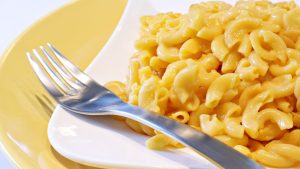
The following additional benefits are provided by pasta:
Carbohydrates like pasta supply glucose, an essential source of energy for your muscles and brain. You also avoid the energy spikes caused by simple sugars because pasta is a fantastic source of complex carbs. Complex carbohydrates release energy at a gradual and sustained rate.
Pasta is ideal for people checking their cholesterol levels because it is very low in salt and has no cholesterol. About 100 micrograms of folic acid, or 25% of the daily required amount, are present in one serving of dry pasta.
According to current Australian Government recommendations, 35 percent of our daily calorie intake should come from complex carbs, including pasta. For a balanced dinner that can help you achieve your nutritional objectives, combine pasta with lean protein and veggies.
macaroni brands
Pasta is the most exported food in the world under the name of many brands and stands for creativity, tradition, history, and flavor. There are more than twenty thousand pasta factories and roughly two hundred types of drawing machines. The top three regions only in Italy that produce the majority of its pasta are Campania, Emilia-Romagna, and Veneto.
Italy is renowned for its pasta, much as the United Kingdom is for its fish and chips, the United States is for its hamburgers, and Germany is for its sausages. On the tables of families all around the world, the average Italian consumes about 26 kilos of pasta annually.
The first on the list of top brands in Italy is Barilla. Pietro Barilla established the business in Parma, Italy, as a bakery in 1877. Guido, Luca, and Paolo Barilla, his three brothers, continue to lead the business.
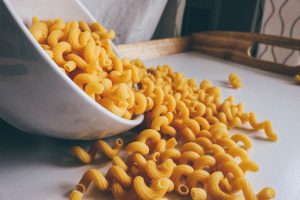
The Barilla Group is the world’s largest producer of pasta and makes a variety of pasta (40-45 percent of the Italian market and 25 percent of the US market). Pasta comes in a variety of shapes and sizes from Barilla. Additionally, it is the top producer of flatbread and the greatest seller of baked goods in Italy (over 60.000 tons per year).
The company sells its pasta in the US, and the majority of the wheat it uses is regional. Another company on the list is De Cecco, which was established in 1886 by the De Cecco brothers in the hamlet of Fara San Martino, Abruzzi (central Italy).
Before he started the plant, Nicola De Cecco first utilized his stone mill to make wheat. The firm chose a girl holding many bundles of wheat as its emblem in 1908. The plant was reconstructed after World War II after it had been destroyed by German bombing.
macaroni uses
Macaroni is a type of hollow extruded elbow-shaped pasta that has many uses, being available in a range of lengths and sizes. This adaptable and flexible pasta shape may be used in a variety of dishes, from soups to casseroles, and young people throughout the world love it.
Since it’s challenging to make tubular pasta at home, most macaroni is produced in factories. Most macaroni is prepared from Durum wheat, hard wheat that yields chewy, robust pasta; macaroni is frequently made without eggs. Macaroni pasta is perfect for serving with a variety of sauces due to its hollow structure.
“Tubular pasta can stand up to heavier sauces, such as those used in meals containing bits of vegetables, and it can retain thinner, more watery sauces as well. In addition to being used in baked meals like casseroles, macaroni is also a common ingredient in cold salads. Macaroni pasta may also be used in stews as a filler and to give texture.
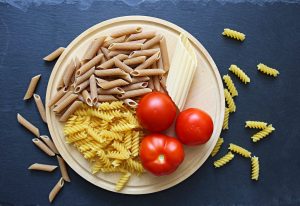
Sprinkle the remaining parmesan and bread on top, then bake for 20 minutes, until crisp and golden. Before baking, the food can be frozen; thaw completely before cooking. The short, semicircular form of elbow macaroni makes it one of the most popular tube noodle shapes.
Since this form gives a wide range of recipe possibilities, elbow macaroni comes in a few sizes for usage in a variety of cuisines and casseroles. In the United States of America, macaroni is typically used in macaroni and cheese, a dish that has been a family favorite for many years.
Almost any kind of sauce, baked foods, or stir-fry dishes go well with macaroni. Elbow macaroni is a common ingredient in pasta salads as well as the classic macaroni and cheese meal. To buy any kind of pasta you can refer to us.
